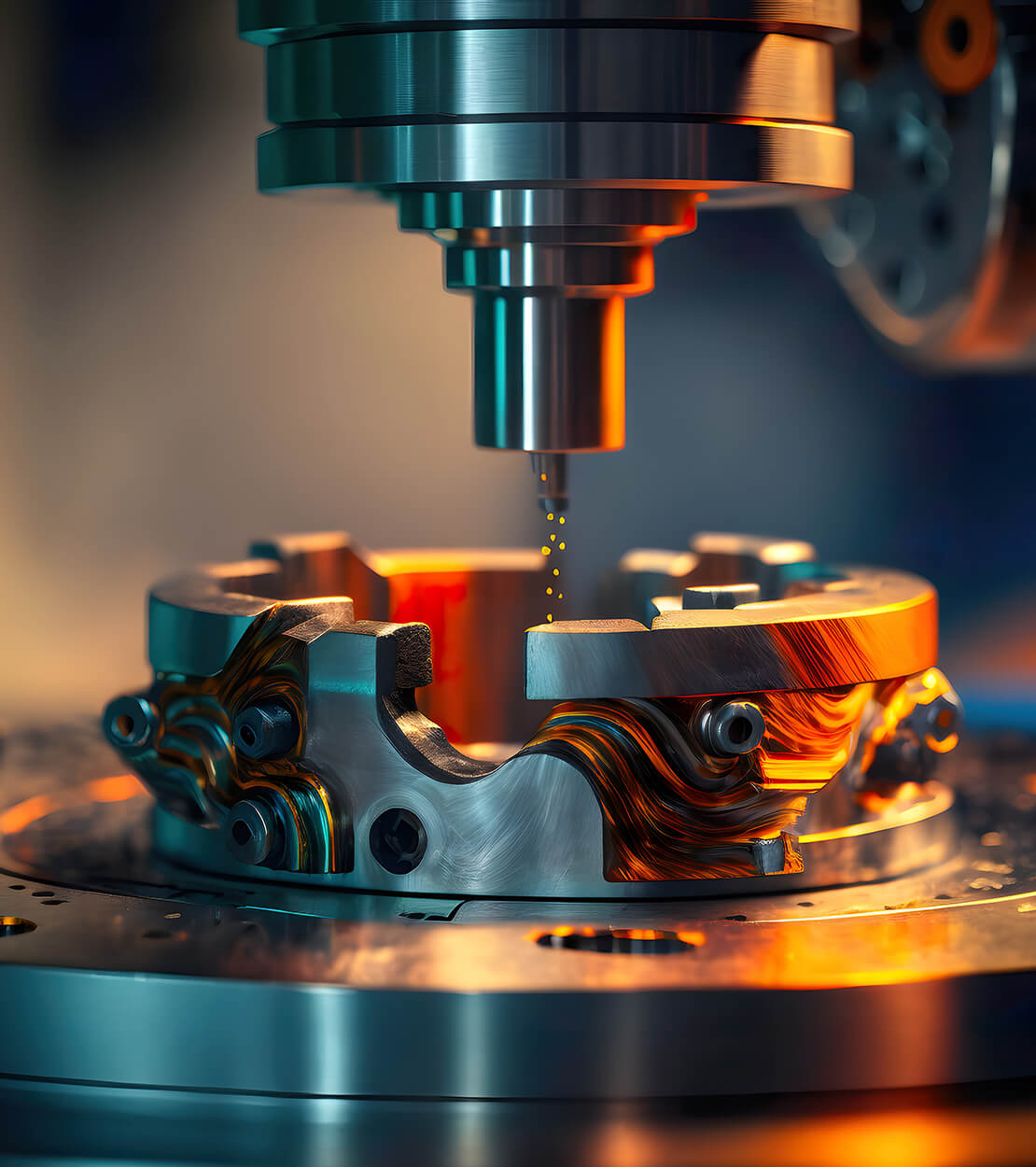May 16, 2024
By
admin
In the landscape of modern manufacturing, automation stands as a pivotal force reshaping industries worldwide. From automotive assembly lines to food processing plants, automation technologies have revolutionised the way goods are produced. This blog explores the multifaceted role and significant benefits of automation in manufacturing.
Enhancing Efficiency and Productivity
One of the primary advantages of automation in manufacturing is its ability to enhance efficiency and productivity. Automated systems can perform repetitive tasks with precision and speed, significantly reducing production time and costs. By streamlining processes and minimising human intervention, manufacturers can achieve higher output levels while maintaining consistent quality standards.
Improving Safety and Ergonomics
Automation also plays a crucial role in improving workplace safety and ergonomics. By automating hazardous or physically demanding tasks, such as heavy lifting or exposure to harmful materials, manufacturers can create safer working environments for their employees. This not only reduces the risk of workplace accidents but also enhances employee satisfaction and morale.
Optimising Resource Utilisation

Automation enables manufacturers to optimise the utilisation of resources, including raw materials, energy, and machinery. Advanced sensors and control systems can monitor and adjust production parameters in real-time, ensuring optimal efficiency and minimising waste. Additionally, predictive maintenance algorithms can detect potential equipment failures before they occur, reducing downtime and maximising uptime.
Enhancing Quality and Consistency
Consistency is key in manufacturing, and automation plays a crucial role in ensuring product quality and uniformity. Automated systems can perform tasks with a level of precision that surpasses human capabilities, resulting in products that meet stringent quality standards every time. By minimising variations in the production process, manufacturers can deliver products that consistently meet or exceed customer expectations.
Enabling Flexibility and Adaptability
In today's fast-paced market environment, manufacturers must be agile and adaptable to meet changing consumer demands and market trends. Automation provides the flexibility needed to quickly reconfigure production lines and adapt to new product requirements. Modular automation systems can easily accommodate changes in product design or production volume, allowing manufacturers to stay competitive in dynamic markets.
Driving Innovation and Technological Advancement
Automation serves as a catalyst for innovation and technological advancement in manufacturing. From robotics and artificial intelligence to internet-of-things (IoT) connectivity, automation technologies continue to evolve and push the boundaries of what is possible in manufacturing. By embracing automation, manufacturers can stay at the forefront of technological innovation and gain a competitive edge in their respective industries.
Conclusion
In conclusion, automation plays a transformative role in modern manufacturing, offering a wide range of benefits that encompass efficiency, safety, quality, flexibility, and innovation. As automation technologies continue to advance, manufacturers must embrace these changes and leverage automation to optimise their operations and drive growth. By harnessing the power of automation, manufacturers can unlock new levels of productivity, competitiveness, and success in today's rapidly evolving global marketplace.

